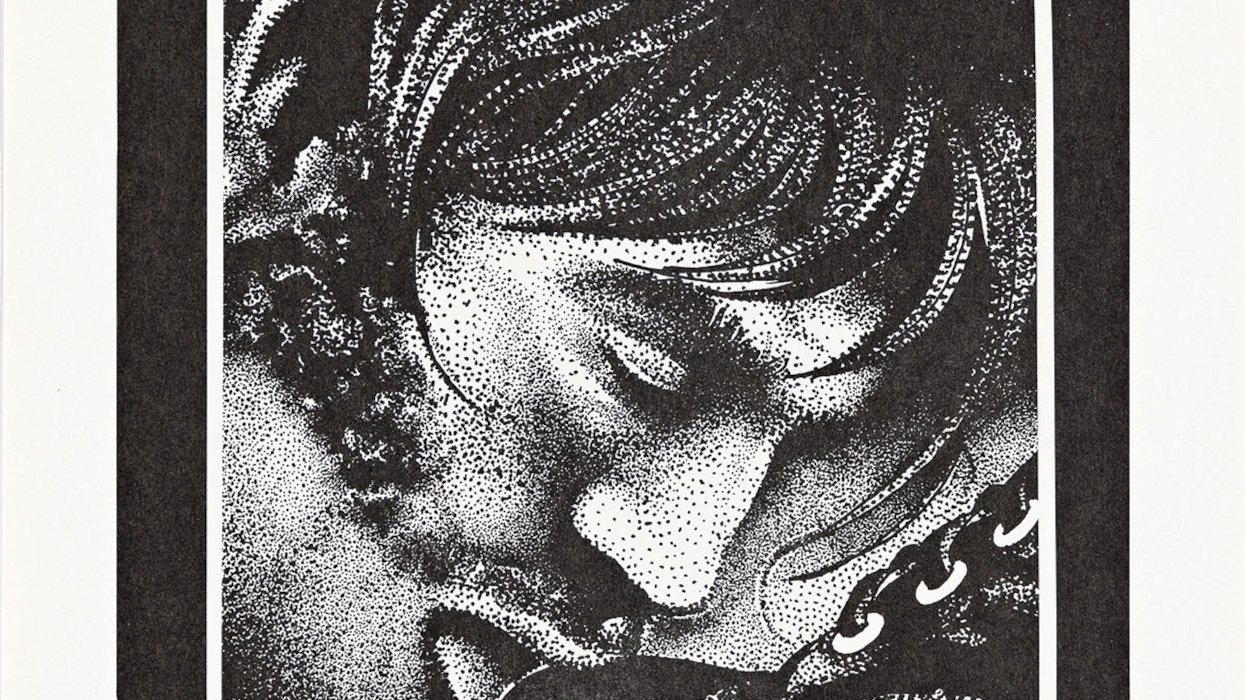HIV apperars to be evolving to become a less harmful virus, growing weaker and losing its ability to replicate because of the powerful immune systems of some who are infected, according to a new study.
Researchers from the University of Oxford in England compared how the virus is working in Botswana and South Africa. HIV was present in the former nation about 10 years before it emerged in the latter. The team found that the virus’s ability to replicate was about 10 percent lower in Botswana than in South Africa.
“That’s quite exciting,” the study’s lead author, Oxford professor Philip Goulder, told the BBC. “We are observing evolution happening in front of us and it is surprising how quickly the process is happening. The virus is slowing down in its ability to cause disease and that will help contribute to elimination.”
Slower viral replication means a longer time before a person’s HIV infection progresses to a diagnosis of AIDS. “Twenty years ago the time to AIDS was 10 years, but in the last 10 years in Botswana that might have increased to 12.5 years, a sort of incremental change, but in the big picture that is a rapid change,” Goulder told the BBC. “One might imagine as time extends this could stretch further and further and in the future people being asymptomatic for decades.”
Goulder’s group says that in some people a protein called HLA-B-57 offers a degree of protection against HIV, and as HIV mutates to adapt to this protein, it becomes weaker. “The parts of the virus that it targets are the parts of the virus that can’t really change without losing some ability to replicate efficiently,” Goulder told The Washington Post. “What B-57 is doing is creating a virus that is relatively crippled.” The weaker virus is harder to transmit, but when it is transmitted, it becomes a more prevalent strain.
He cautioned that even weakened HIV is best avoided, and said his team’s research should not induce anyone to cut back on efforts to prevent transmission, or cause people with HIV to delay treatment. “That’s a problem that I guess comes along with any sort of piece of good news about HIV and any benefit that comes from an intervention," he told the Post. “If people’s behavior changes as a consequence — it becomes more risky or their desire to get treated or tested is reduced — that disadvantage might outweigh the benefits that come from something like this.”
Scientists not involved with the study called it intriguing but offered caveats. “In theory, if we were to let HIV run its course then we would see a human population emerge that was more resistant to the virus than we collectively are today — HIV infection would eventually become almost harmless,” Jonathan Ball, a virologist at the University of Nottingham, told the BBC. “Such events have probably happened throughout history, but we are talking very large timescales.”
Andrew Freedman, an infectious diseases specialist at the University of Cardiff, told the network that “wider access to treatment and eventually the development of a cure” will come before the virus becomes harmless. The weakening of the virus, though, is a hopeful sign, he said, and antiretroviral drugs “may also have a similar effect and together, these effects may contribute to the ultimate control of the HIV epidemic.”
Antiretroviral therapy targeted at people who exhibit a more virulent, rapidly replicating form of the virus could help speed up the weakening, the study notes. On the whole, the findings about the virus are reason for optimism, Goulder said.
“It does help to buy us a bit of time,” he told the Post. “It means that there will be less disease than there would be without it. It is quite a good thing to have and it probably will have quite a bearing, given that we can’t reach all infected people with antiretroviral therapy and a vaccine isn’t going to materialize anytime soon.”
The study was published online Monday by the Proceedings of the National Academy of Sciences and will also appear in a print issue of the journal.

















































































